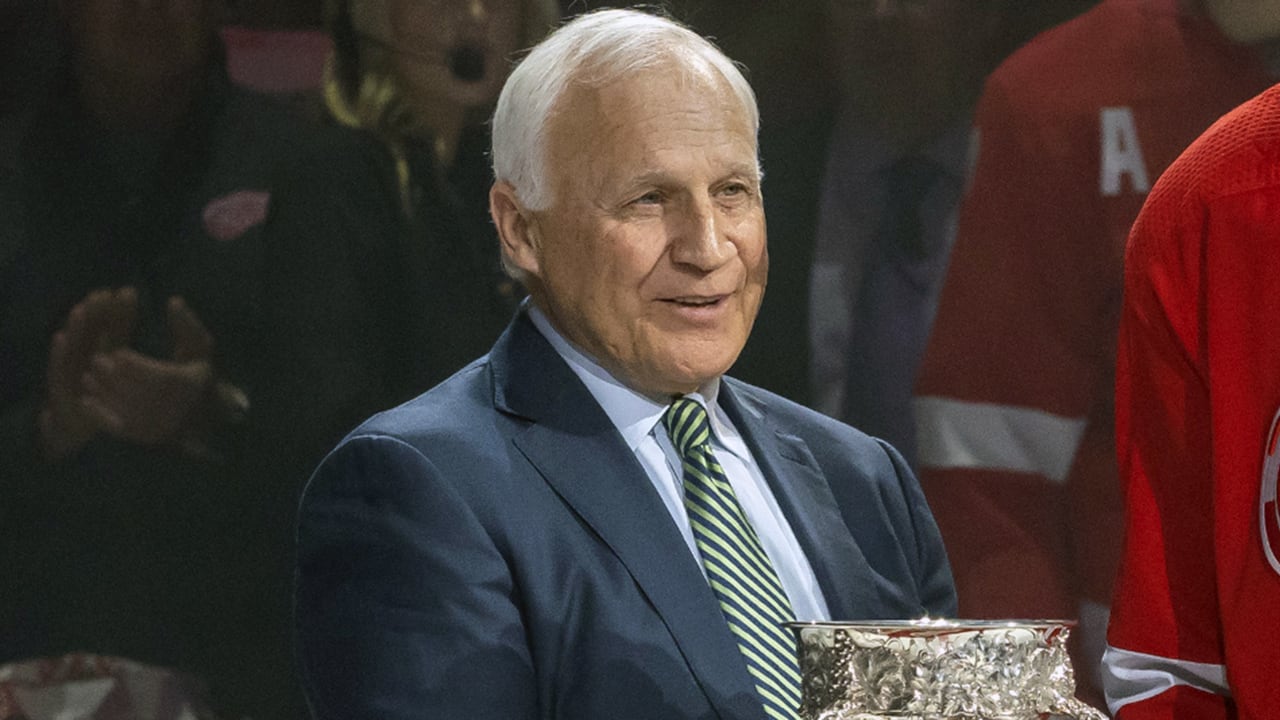Sports
Campbell shocked by election to Hockey Hall of Fame | NHL.com

Following his retirement in 1985, Campbell became an assistant coach with Red Wings, a stint that lasted until 1990. He then joined the Rangers as an associate coach for parts of three seasons — he was named coach of Binghamton of the American Hockey League midway through the 1992-93 season — before being promoted to replace Mike Keenan as coach following New York’s Stanley Cup championship in 1994.
Campbell led the Rangers to the Stanley Cup Playoffs in each of his first three seasons as coach, including advancing to the Eastern Conference Final in 1997. His record over four seasons was 118-108 with 43 ties.
“Colin Campbell truly has lived a hockey life,” NHL Commissioner Gary Bettman said. “Few in the history of our great game have devoted so much of themselves in as many ways to serving it and making it better.
“An accomplished junior player, Campbell forged an 11-year NHL playing career as a rugged defenseman out of relentless dedication to his craft and selfless willingness to battle for his teammates. As an assistant coach, he made essential contributions to building the foundation for what would become a dynasty in Detroit and then partnered with Mike Keenan to lead the New York Rangers to their championship in 1994.
“As head coach of the Rangers, Campbell engineered playoff upsets in each of his first three seasons, guiding New York to the 1997 Eastern Conference Final.”
Shortly after he was fired by the Rangers during the 1997-98 season, Campbell joined the League, where he would spend the next quarter century making an impact in hockey operations, officiating and central scouting.
As a result of all Campbell achieved in the sport, Bettman said that “no one more richly deserves the call to the Hockey Hall of Fame.”
“I often say that everything we do at the League begins with the game,” Bettman said. “And, since 1998, the game has been Colin’s responsibility. He was at the center of the summits with players, coaches and executives that “opened up” the game in 2005. And, he has been central to the crafting of every rule change and technological innovation since — including, perhaps most notably, modernizing and centralizing video review for both in-game rulings and supplementary discipline — all of which have focused on promoting offense, speed and skill, while maintaining the game’s physicality. Those changes have transformed hockey at every level around the world.
“I consider myself fortunate to have had Colin by my side over the last 26 years and am proud to call him one of my closest friends. In my time in the game, no one has better defined the term ‘builder.'”


)






